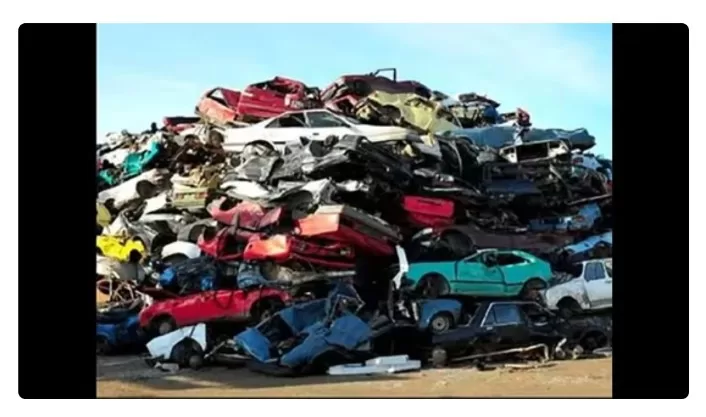In a significant move aligning with the National Vehicle Scrappage Policy, the UT transport department has retired 95 diesel buses from the Chandigarh Transport Undertaking (CTU) fleet, making room for the induction of 100 state-of-the-art electric buses.
Under the policy, commercial vehicles over 15 years old must be scrapped to pave the way for newer, environmentally friendly models. The scrapped buses underwent dismantling at a vehicle-scrapping center in Industrial Area, Phase 1, operated by Select Technical Services, a private firm.
UT transport director Pradhuman Singh highlighted that the newly introduced electric buses would operate within the city, while conventional buses would augment the inter-state routes for which CTU holds permits.
The scrappage initiative, in line with the policy, has seen over 1,260 vehicles retired at the Industrial Area center in the past seven months. Among these, 1,045 were government vehicles, including two-wheelers, with the remaining 217 being privately owned.
Gopal Krishan, the owner of the scrapping center, shared insights into the scrapping process, mentioning that it takes two to three hours to dismantle a car and nearly two days for a bus. Vehicle owners receive a Certificate of Deposit (COD) upon scrapping, valid nationwide. The COD facilitates benefits such as concessions in motor vehicle tax on purchasing a new vehicle.
The scrapping process’s financial aspect involves valuation based on vehicle weight and condition. The scrap value is calculated, considering around 65% of the vehicle as steel, with owners being compensated for the remaining weight after deducting 10% as wastage.
A senior State Transport Authority (STA) officer outlined the benefits for policy beneficiaries, including concessions in motor vehicle tax on purchasing a new vehicle, with discounts of up to 25% for non-transport vehicles and 15% for transport vehicles over eight and 15 years, respectively.




